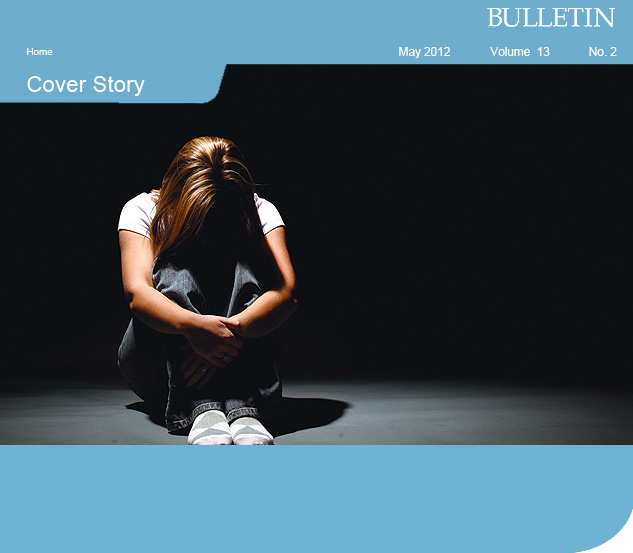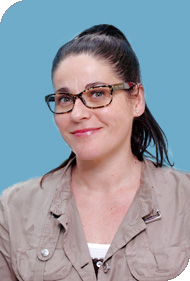| The Philosophy of Pain and Suffering |
|
| Everyone experiences pain and suffering at some point in their lives, so what is the role of pain in human existence? |

|
“We want to illuminate the role of pain and suffering in people’s lives and how they are intertwined.” |
| Dr Barbara Dalle Pezze |
Pain has many dimensions. There is the distinction between physical pain and mental suffering. There are the influences of social, cultural, spiritual and personal factors that shape experiences and perceptions of pain, and perhaps of self. Often those who live in chronic pain or suffering seem to exist on a level not encountered by others in their daily lives. These concepts are the starting point of a project under the Centre for the Humanities and Medicine called ‘Philosophy, Therapy, Medicine’ led by Dr Barbara Dalle Pezze, a post-doctoral fellow in Philosophy. “Pain and suffering cannot be detached from an understanding of health in the broader sense and the well-being of people, because they are part of our lives,” she says. “People always ask me, do you mean physical pain or psychological suffering? What I’m investigating is the nature of pain and suffering before they have been divided. Medicine treats mainly physical pain and we want doctors to do that, but psychological suffering belongs to the realm of pain, too.” |  |
“Philosophers want to go into the nature of things, the essence. We want to understand what pain and suffering are because as humans, we are both body and mind. We want to illuminate the role of pain and suffering in people’s lives and how they are intertwined.” Pilot project To reach that understanding, Dr Dalle Pezze has linked up with the Department of Clinical Oncology to establish a dialogue on the nature of pain and suffering. This has so far included a pilot project in which recent graduate doctors were asked to collect patient narratives on their experiences of pain. “The doctors found out how patients actually feel and live their experiences, and this helped the doctors to see how powerless they felt before these experiences, how awkward they felt when approaching certain stories.” “This is one effect of pain and suffering because it helps you to understand yourself better. And if you have doctors who are able to interact better with patients because they understand or at least can cue into the patients’ experiences, even if they have only three minutes with their patients, they will probably be more capable of giving some comfort to the patient.” Reaching people in the depths of pain One of the goals of the projects, apart from shedding light on the philosophical essence of pain, is to see how these insights can be integrated into daily life. “The German philosopher Martin Heidegger spoke of pain as a threshold. Usually people consider reality only on the level of existence which seems to be just one side of the threshold, but there is another dimension different from the one we’re used to considering and living in. For people who live in pain or endure suffering, it is like they are always living at a level that is not encountered by other people in their daily lives, a level of existence which is different.” “So how do we reach these people at the depth where they are living? It’s as if they are inhabiting a different world. Pain opens up the threshold to this world where many people are trapped, detached from the rest of society.” “A simple example is if you live close to a person who has been suffering for a long time. How many times do you enter the room, pretend he’s not sick and talk of other things?” Reflecting on the nature of pain Philosophy offers a way to reflect more deeply about these issues. For instance, is pain something else in addition to a physical sensation? And if so, does it influence a person’s existence and well-being? “People do not know much about philosophy and they tend to see it as something abstract, that doesn’t pertain to reality. Philosophy needs to be redirected – brought back to help people live better and understand their lives; after all, originally it was also a way of dealing with very practical issues,” Dr Dalle Pezze says. That goal will be pursued further with a new comparative study to interview patients in Italy, Hong Kong and the UK in their native languages. It will follow on from the doctors’ project by exploring how patients describe and relate their experiences of pain, with the aim of shedding more light on this universal aspect of human existence. |
| Back | Next |